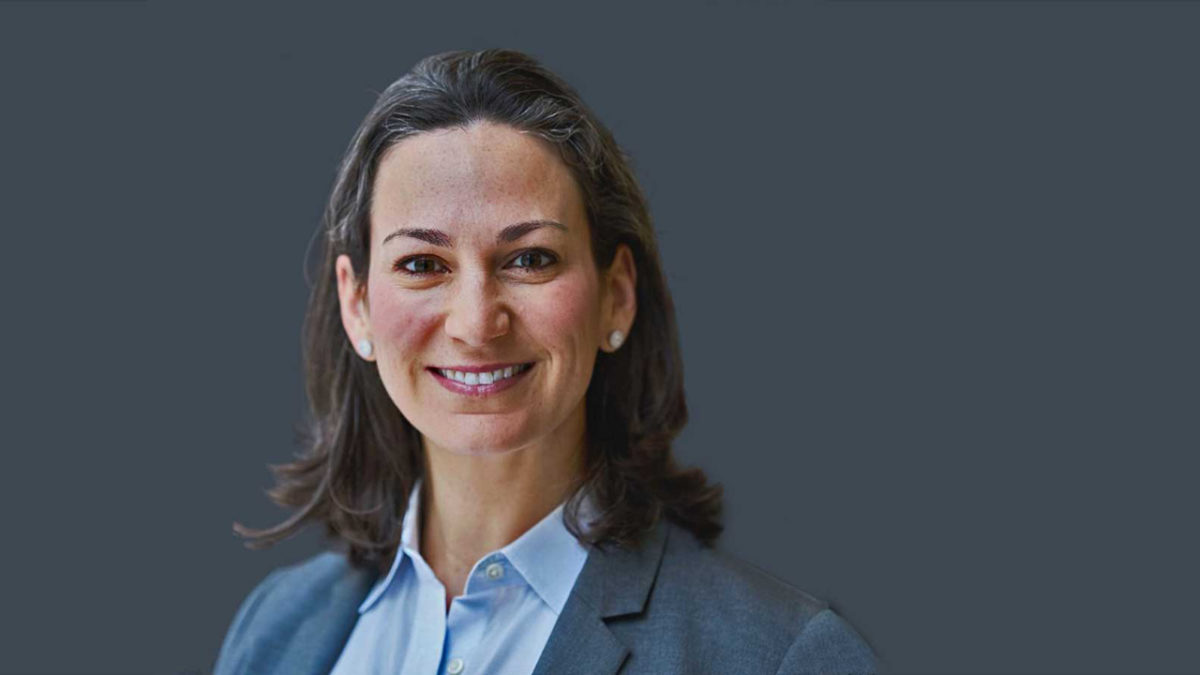‘Active value growth’: why alpha is better
Investors should increase allocations to active management strategies against an increasingly uncertain global backdrop, according to a new Willis Towers Watson (WTW) report. It is a “cyclically fertile ground for alpha”.
The WTW analysis, ‘Outlook 2021’, says “skilled active management offers growing value for money” as a number of factors converge to add risk to passive plays.”
“It is not easy finding skill and the right governance needs to be dedicated to it,” the paper says. But, the disruption from the policy regime shift, differential COVID impacts across sectors and countries, and the concentration of the US equity market and consequent regulatory risks means more opportunities for alpha.
The report coincides with the recent confirmation of senior leadership positions for the new global entity, including Aon people at the top both globally and regionally. The combined venture named Greg Case, Aon chief, to take the top role. Anne Corona, currently Aon chief of staff, will assume leadership of the Asia-Pacific region. She is based in San Francisco.
Active managers are also better-placed to benefit from climate change and other environmental, social and governance (ESG) factors, WTW says.
“The climate transition is a big challenge for investors to overcome and slow-moving, cap-weighted passive exposures are ill-suited to meet it,” the report says. “We need better betas to help, but we should also use the skill of active managers to avoid risk and capture opportunities.”
In a wide-sweeping review of macro-trends and “portfolio priorities” in the year ahead, the WTW paper says the low-rate monetary settings suggest investors could see “strong returns in the next few years” but lower long-term performance.
Barring real economic and profit growth to match the current boom in financial assets, long-term returns would likely slump “especially if bond yields start to rise”.
“We believe strong risky asset returns that are not driven by strong growth are ‘borrowed from the future’ because risk premia and bond yields can only fall so far,” the analysis says.
WTW says based on market conditions at the end of last year, investors should be “modestly overweight risk” expressed via global equities, real listed assets or even call options.
But the paper also suggests investors need to look beyond government bonds to protect portfolios from market risks.
While sovereign bonds might still be necessary to manage “liability risk” for some investors such as defined benefit funds, they “no longer offer material protection against downside shocks to growth portfolios. In fact, nominal bonds… might increase risk at the margin,” WTW says.
Risk management strategies could move on to assets such as Chinese bonds, currency and put options, the report says, while investors should “monitor and consider hedging inflation risks”.
WTW also advocates for a ‘total portfolio approach’ (TPA) to “provide a coherent and practical way to grapple with a low return world”. Essentially, TPA provides a method for investors to estimate how much return markets may supply and “how much return you need to source from elsewhere”.
Among a list of eight portfolio strategies to consider this year, the WTW paper includes unlisted assets, a higher exposure to China as well as integrating climate change and ESG into investment processes.
At a macro-level, the study highlights three global themes, namely: policy shifts; the rise of China; and, sustainability.
The report says while WTW expects the three overarching themes to play out over the next five to 10 years, investors need to continually review conditions.
“… the nature of investing in a complex world is that change often happens slowly and then all at once,” the paper says.
Global consultancy and risk management firm, WTW, is in the throes of merging with rival Aon under a US$30 billion deal first mooted in 2019.
Aon operates primarily in the insurance space in Australia, with a small investment arm, while WTW has both a major asset consulting advisory and insurance business.
In NZ, however, Aon offers investment consulting as well as KiwiSaver and superannuation funds. Investment consultancy firm, Melville Jessup Weaver, is the NZ ‘alliance partner’ of WTW.











